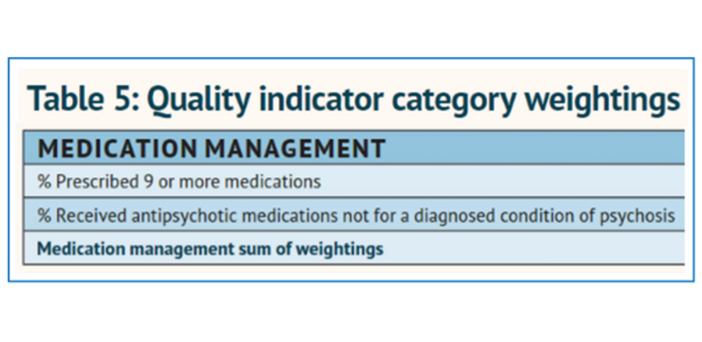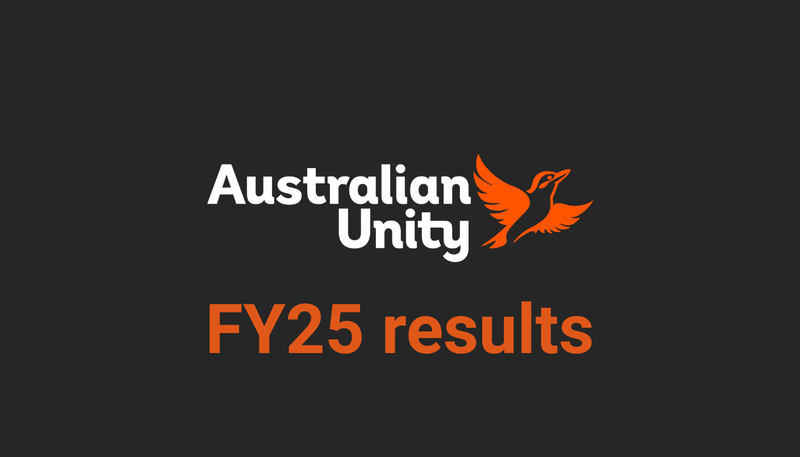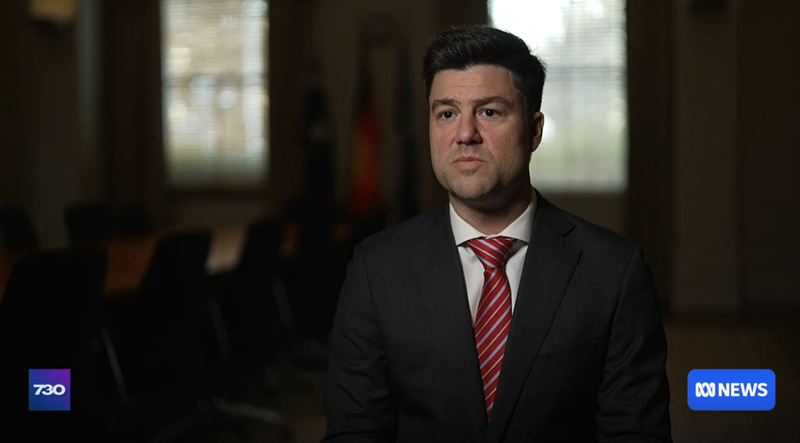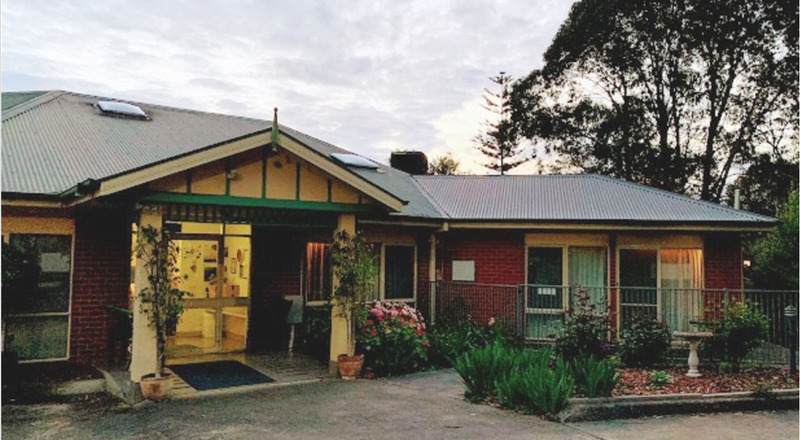A wicked problem solved: digitizing paper-based medication systems
Aged care providers that don’t take up the Royal Commission’s recommendation for digital medication management systems are risking the wrath of regulators and families – luckily, there are cost-effective solutions plus $45 million in new...

Aged care providers that don’t take up the Royal Commission’s recommendation for digital medication management systems are risking the wrath of regulators and families – luckily, there are cost-effective solutions plus $45 million in new Government grants to fund digital implementation.
Two years on from the Aged Care Royal Commission’s Final Report, some operators are still relying on paper-based medication, but time is running out: providers need to adopt digital solutions.
The Royal Commission recommended that “by 1 July 2022, every approved provider of aged care delivering personal care or clinical [use] a digital care management system (including a medication management system).”
Progress has been slow but in November last year, the Department of Health released an updated ‘Guiding Principles for Medication Management in Residential Aged Care Facilities’ – the first time the document had been updated since 2012.
The Government’s updated Guiding Principles require aged care facilities to provide “current, accurate and reliable” records for all medication.
Systems may still be either “paper-based or electronic” but the fact is aged care providers that don’t implement digital medication management systems are likely to find they increasingly will be out of step with the Department.
As Kate Carnell AO has said, medication management has long been “a wicked problem” in residential care, because of the prevalence of errors, and therefore complaints, not to mention the impact on residents and their health and wellbeing.
WHY A WICKED PROBLEM
The regulator’s most recent Residential Care Sector Performance July – September 2022, revealed that medication management was the most complained about issue in residential aged care for the period.
The prevalence of medication errors in residential aged care is understandable.
“I
t's very easy to write down a medication that a person’s allergic to on a script pad,” noted Renee Watson, General Manager at MPS Connect, which has been a leader in medication management for more than 20 years.
“With an electronic system, you are locked out of doing that, or putting an unusual dose down – otherwise you are at the whim of the pharmacist ringing and checking.
“The electronic system will tell you that's not a recommended dosage for that medication.
“So, all of those stop points help make sure the resident has no incidents at their end. It then also means the technology double checks every medication prescribed.”
Automation is the only solution. Providers that don’t automate risk both being left behind and risking resident health.
INDISPUTABLE BENEFITS
Other than a reduction in errors, electronic medication management systems generate other far-reaching benefits.

Staff can perform their roles more quickly and accurately, improving job satisfaction and reducing stresses – a factor more important than ever in the wake of the pandemic when staff are exhausted and amid severe staff shortages.
Also, families are reassured that staff have the tools and technology they need to do their job, and a reduction in medication errors also means there will be fewer complaints.
The regulator is also highly supportive of digital medication management systems – it's easier to be compliant across all the eight standards with electronic systems in place.
$45M DIGI GRANTS NOW OPEN
Now the Government is removing one of the biggest barriers to implementation – cost. The Government has committed $45 million worth of grants to help providers implement Electronic National Residential Medication Charts (eNRMCs).
The first round of grants went out in the second half of last year, and the second round is now beginning.
“We’ve seen a massive uptake in getting eNRMCs into aged care facilities (owing to the grants),” said Renee.
“The first round of the grant enabled financial benefits for facilities to engage an eNRMC. It made it easier for organisations to put one in place after all the other financial limitations on them since COVID-19.”
The message is: don’t wait for digital medication management to be compulsory and start looking at options now.





